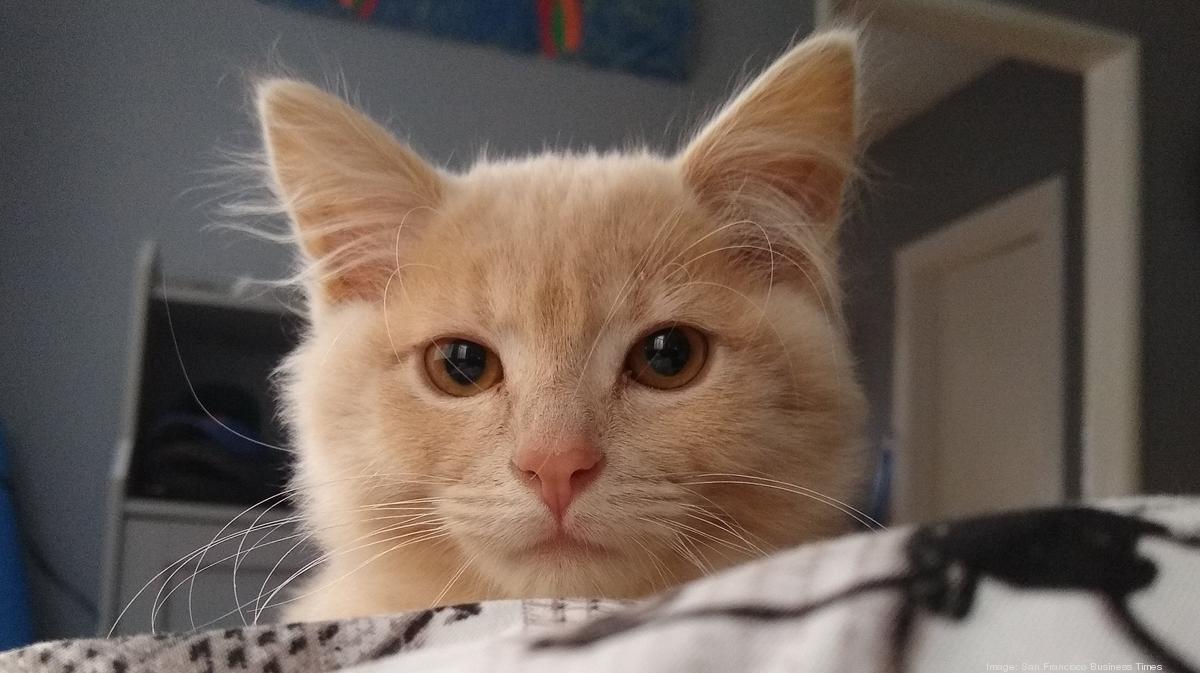- January 2, 2023
- No Comment
- 6 minutes read
Genomics pioneer George Church, former Kindred Bio execs launch … – The Business Journals

A Peninsula biotech startup cofounded by pioneering geneticist George Church — who already is working to engineer the woolly mammoth out of extinction — is trying to raise as much as $5 million in a crowdfunding effort to design healthier, longer-living pets.
AdoraPet Biosciences Inc. of San Mateo plans to apply the genome-engineering CRISPR technology at the egg stage of dogs and cats or insert CRISPR-modified DNA into eggs, to make nonallergenic pets that don’t shed and ultimately live longer, are free of genetic diseases caused by inbreeding and are resistant to cancer and other serious diseases.
The perks for early investors include a spot in line for one of the first nonallergenic dogs or cats AdoraPet creates, the company said.
AdoraPet is led by co-founder and CEO Dr. Richard Chin, who was a co-founder and CEO of Kindred Biosciences Inc., a Burlingame animal drug development company that was bought last year for $440 million by Elanco Animal Health Inc.
AdoraPet’s other founder, Stephen Sundlof, was chief scientific officer at Kindred and the former head of the Food and Drug Administration’s Center for Veterinary Medicine.
Chin wasn’t immediately available to comment for this story.
Church is certainly the best-known of the trio. He was one of the initiators in 1990 of the Human Genome Project that identified, mapped and sequenced all of the genes in the human genome — the full load of genetic material in the human body. The project’s work led to high-throughput sequencing technologies and new discoveries that have helped drug developers, for example, pinpoint new targets to treat or cure diseases.
Church, who leads synthetic biology at Harvard University’s Wyss Institute, has gone on to found several companies, including Colossal Inc., which is working to genetically resurrect the woolly mammoth and the Tasmanian tiger.
With AdoraPet, which was formed in August, the founders are targeting something smaller and more huggable, perhaps more sellable to consumers and more sustainable as a business: pets.
More than 50% of American homes have a pet, but about 30% of people in the United States are allergic to dogs and cats, according to the Asthma and Allergy Foundation of America. Even trendy “designer pets” such as poodle mixes that are billed as hypoallergenic, meaning they don’t shed, still carry and drop dander that causes allergies, AdoraPet said on its investment website.
That market is the big bone in the multibillion-dollar pet industry for AdoraPet. By using the CRISPR genome-editing technology — developed by University of California, Berkeley, Nobel Prize winner Jennifer Doudna and others — the company hopes to eliminate shedding and ultimately make pets resistant to cancer and other serious diseases and stop common conditions caused by inbreeding, such as hip dysplasia and cataracts.
The genes that cause allergies and shedding in pets have been identified by scientists.
“We plan to modify an animals’s genes at egg stage, or by inserting modified DNA into eggs, to create pets that don’t cause allergies or shed,” the company said in its investment materials. “We also believe we will eventually create genetically modified pets that will eventually live longer and be highly resistant to cancer and other diseases.”
The company also plans to develop specialized pet food to “maximize the benefit of the modifications” made to genes.
Ascendant Venture, a San Mateo-based family office and venture studio led by Chin, bought 5.25 million shares of the startup in August. Ascendant also has invested in Vetmab Biosciences, a San Diego animal drug developer cofounded by Chin and led by Kindred Bio co-founder, president and COO Denise Bevers.
AdoraPet could be dogged by a number of potential risks, including criticism from people opposed to genetic engineering as well as from animal rights activists.
What’s more, after the biopharmaceutical industry soared with groundbreaking Covid-19 vaccines, therapeutics and diagnostics, generalist investors over the past two years have hopped the biotech fence, resulting in a tougher funding environment for seed-stage and maturing biotech companies.
AdoraPet also faces all the normal risks of a young biotech company: The technology could have bad side effects in animals and fail in clinical trials, for example, or competitors could jump into the space, the FDA could reject AdoraPet’s products or veterinarians, pet breeders or pet owners may not accept the pets.
The 10,000 non-voting common stock offered by AdoraPet’s special purpose vehicle — or SPV, an instrument typically created to shield a parent company from financial risk — are priced at $5 each to hit a target of $50,000, according to a Securities and Exchange Commission filing earlier this month. The maximum offering amount could be as high as $5 million.
Austin, Texas-based DealMaker Securities LLC is AdoraPet’s intermediary on the offering.
AdoraPet must hit the $50,000 target by April 30, according to SEC crowdfunding rules, or no securities will be sold in the offering. Investors are being offered bonus shares as part of their membership interest in the SPV, based on the timing of their investment and how much money they put in.
The minimum investment is $1,000.
© 2023 American City Business Journals. All rights reserved. Use of and/or registration on any portion of this site constitutes acceptance of our User Agreement (updated January 1, 2021) and Privacy Policy and Cookie Statement (updated July 1, 2022). The material on this site may not be reproduced, distributed, transmitted, cached or otherwise used, except with the prior written permission of American City Business Journals.

